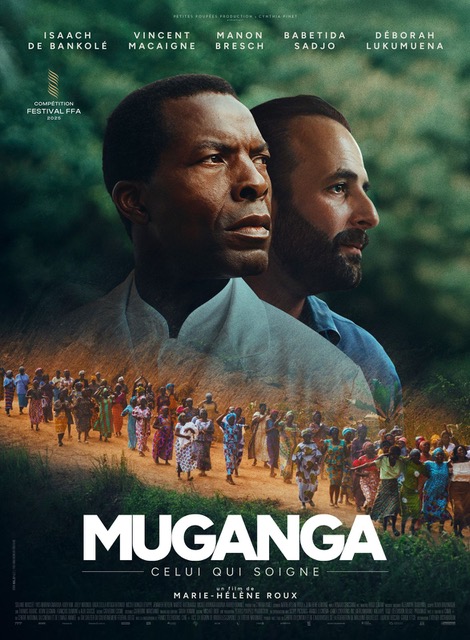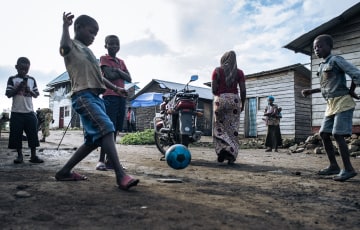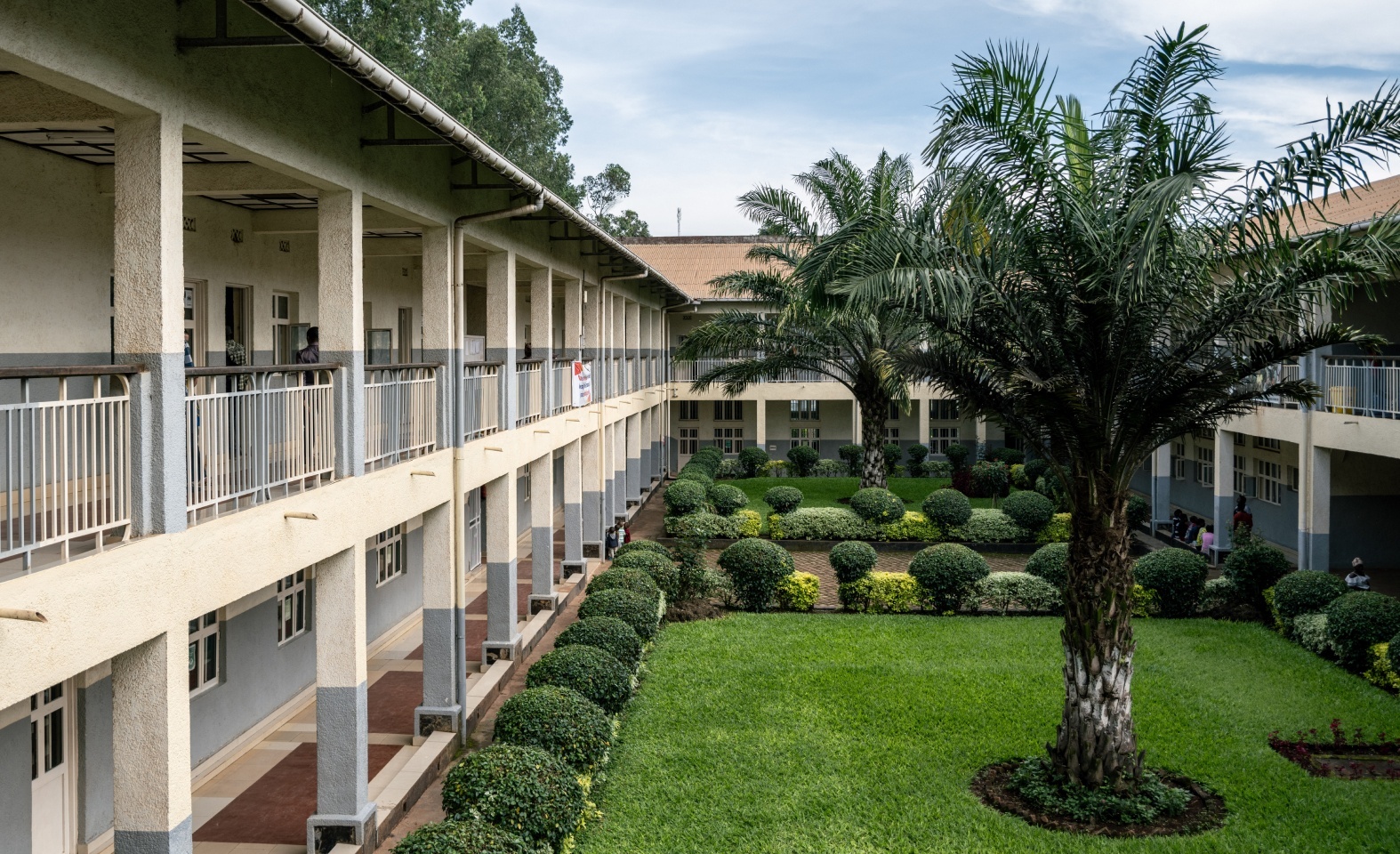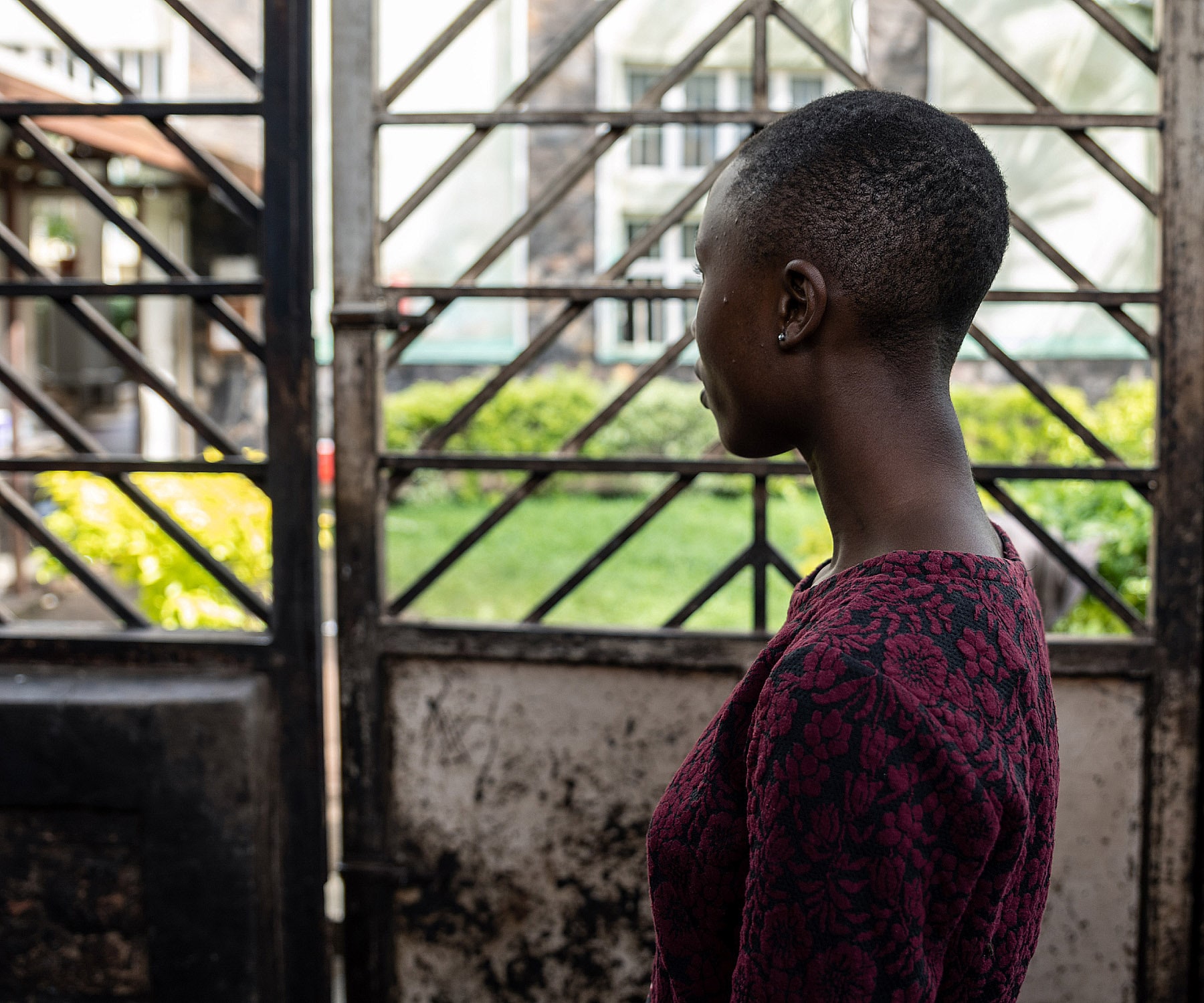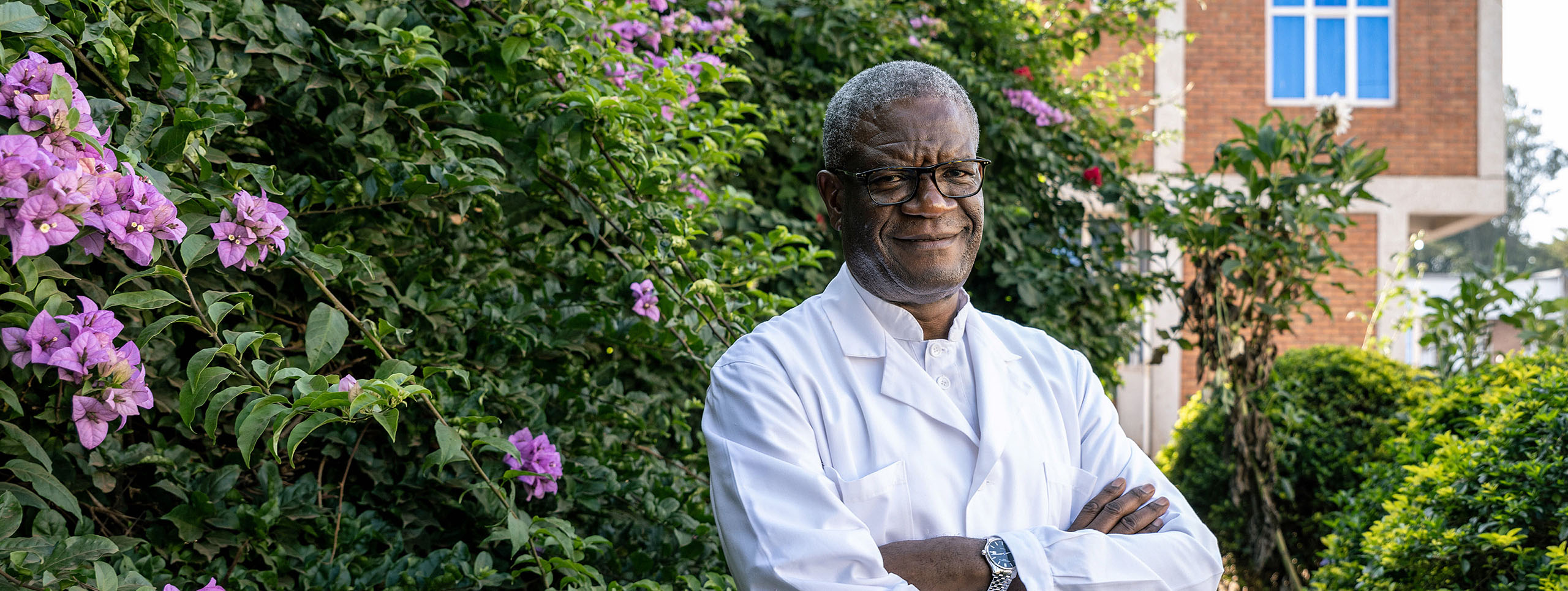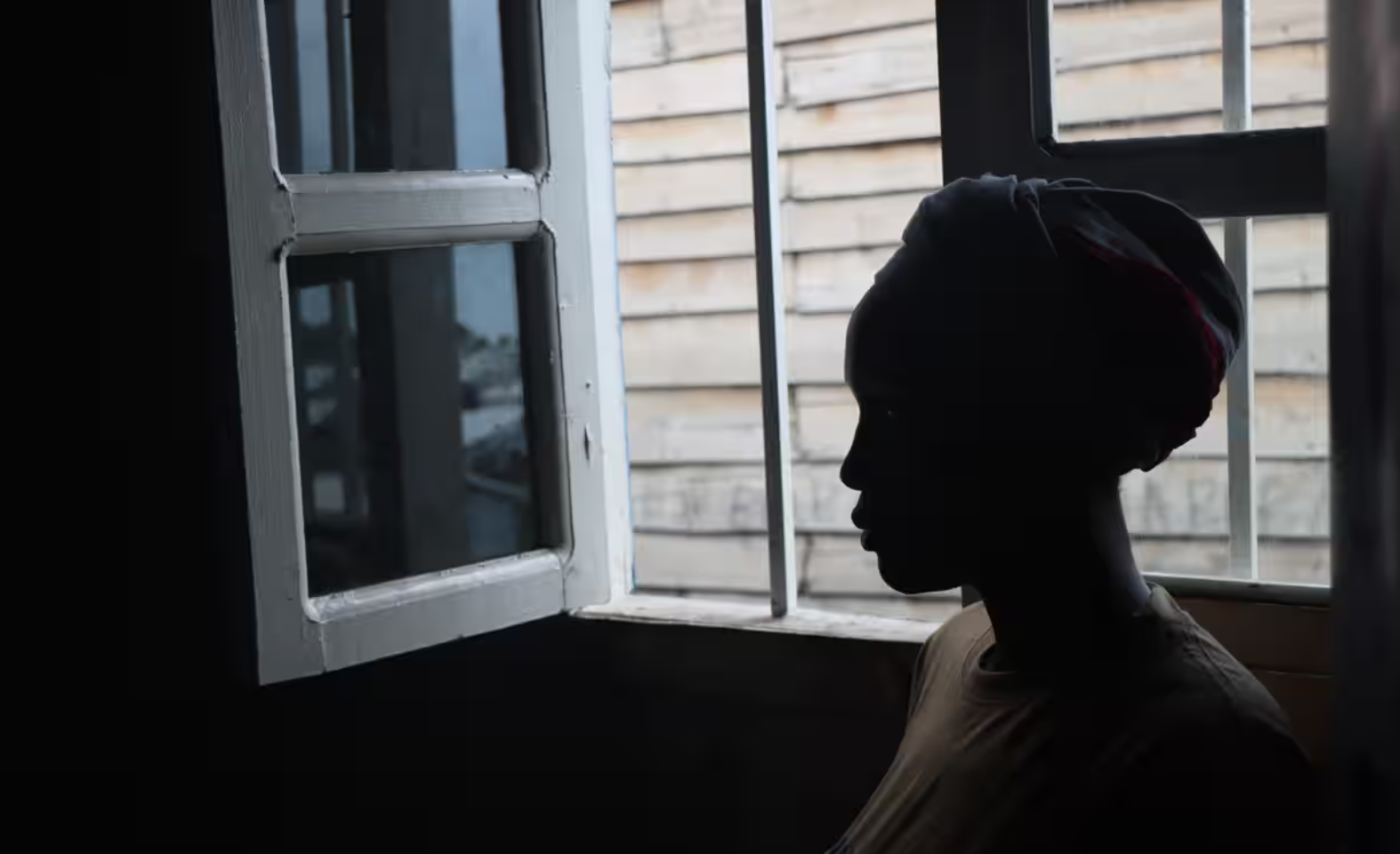On this March 8, our thoughts go out to all women around the world who fight every day to have their fundamental rights respected, to gain economic autonomy, and to make their voices heard in a world that remains strongly marked by patriarchy—the source of so much suffering, exclusion and discrimination.
It is therefore not a day of celebration, but a day of struggle, mobilization, and claim. In fact, as the human community prepares to commemorate the 75th anniversary of the Universal Declaration of Human Rights, the foundation of which is equality and non-discrimination between women and men, we must to see that women’s human rights are being regressed everywhere.
Indeed, at the beginning of the 21st century, many young girls are still deprived of their rights to education and are married before they even reach the age of majority; discriminatory and backward social and legal norms are still vast; for equal work, wages remain unequal; women are systematically underrepresented in parliaments, governments and leadership positions; and a third of women and girls continue to experience physical or sexual violence in their lifetime.
This bitter observation is all the more worrying in that yesterday’s gains remain fragile: we are seeing persistent, even growing threats to fundamental freedoms and a trend towards regression that weighs on the rights acquired by women: the recent revision of sexual and reproductive rights by the Supreme Court of the United States illustrates this situation.
In Afghanistan, women and girls are denied their rights and fundamental freedoms, including access to education and employment. Confined to their homes, systematically excluded from public life, these women live in fear and under the constant threat of violence, wiping out decades of progress.
In Iran, after decades of oppression, women are leading civic movements, speaking out to exist in society and fighting for equal rights and freedom. The September 16 death of Mahsa Amini, a young woman in Iranian police custody for violating the strict dress code, has rightly sparked a wave of outrage and protests to defy the regime’s repression and demand change. Indeed, an important branch of society has well understood that violations of women’s rights affect and harm the whole of society.
Faced with all these challenges, both in the most economically advanced countries and in the rest of the world, it is imperative to reaffirm everywhere the universality of women’s rights. These rights are never acquired, they are won, they are fought for and must be defended every day, everywhere, by everyone, including men and boys.
In the DRC, the day of March 8 will not be a day of celebration either. This is much more than a day of mourning and we call on women to dress in black and to proclaim loud and clear that the time has come for our rulers to take their responsibilities. Like every other day of the year, Women’s Day will also be a day of struggle because women are still considered second-class citizens in the DRC. Thus, when they have demonstrated that they are capable, they must be fully and effectively associated with all steps aimed at establishing and consolidating peace, in accordance with Security Council resolution 1325.
As diplomatic initiatives to bring stability to eastern Congo are at an impasse and as ultimatums to silence the guns follow one another without ever being respected, the women who pay the heaviest price for armed violence must demand sanctions against the aggressor!
In addition, in this year when the Nation is preparing to experience general elections, we call on all citizens of voting age to enlist massively. It is time to take our destiny into our own hands and we are convinced that the paradigm shift will come through the full participation of women in all matters of public life. Bearing in mind that abstention only benefits the regime in place, it is essential that women mobilize to participate en masse in all future elections, to present themselves and to move towards parity in the institutions of the Republic, in accordance with the Congolese Constitution, and choose their representatives for the years to come.
We also call on women to organize themselves for the observation of elections at all levels and to become the sentinels of the democracy in genesis in the DRC. The long-awaited change depends on everyone, and women, who are the majority in society, have an unmissable opportunity to express their thirst for peace, justice and democracy, and to make a difference for the common good.
While the challenges are vast around the world and in the DRC in particular, there is no room for fatality. We urge political, religious and economic leaders to be as courageous as women are to build a freer, more just, more egalitarian, more prosperous and more peaceful world where women will enjoy with dignity the same rights as men, in the interest of humanity and the planet.
Denis Mukwege
Nobel Peace Prize Laureate 2018
